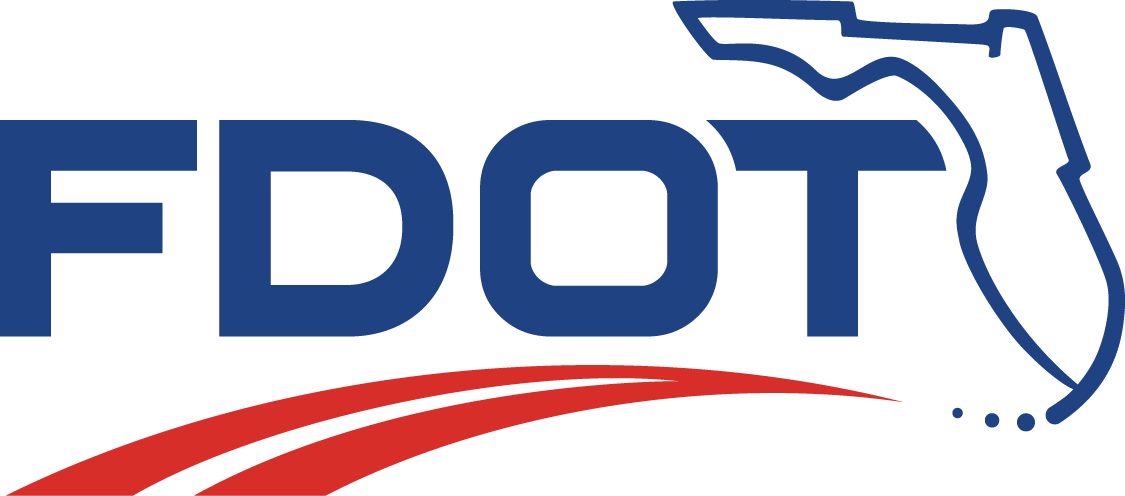FDOT's Truck Parking Challenge
Truck parking shortages have been identified as a safety concern both locally and nationally. Several studies have identified an inadequate supply of truck parking spaces which results in negative consequences for truck drivers. The lack of parking requires drivers to start searching for truck parking early to ensure they do not exceed their federally mandated Hours-of-Service (HOS) requirements, which results in time lost that could be spent traveling to their next delivery destination. The American Trucking Association (ATA) found that it takes truckers an average of fifty-six minutes to find a parking spot.[1]
The Florida Department of Transportation (FDOT) has made resolving the truck parking issue in the state a priority. FDOT, both statewide and at the district level, has initiated more than 30 research studies and papers regarding the truck parking shortage. These studies have looked at the issue from the district, region, corridor, and facility levels, identified areas of concern, and proposed potential solutions.
FDOT is approaching the truck parking challenge by:
- Adding Capacity
- Identify innovative ways to increase truck parking capacity at state-owned rest areas, welcome centers, and weigh stations. This includes investigating funding opportunities from areas such as the work program, grants, as well as other potential sources for identified projects.
- Leveraging Technology
- Utilize technology to ensure available truck parking spaces are used effectively. Ensuring information communicated to drivers is accurate, reliable, and consistent.
- Enhancing Policies
- Ensure internal documents, such as the FDOT Design Manual, provide guidance relating to truck parking to ensure consistent applications statewide and identifying non-traditional and innovative uses of FDOT right-of-way for truck parking.
- Building Partnerships
- Establish a working group comprised of stakeholders from the public sector, transportation organizations, the freight industry, and others to look at the issue from a multimodal perspective with the goal of improving operations, collaborating on identified issues, and prioritizing projects.
Truck drivers are responsible for delivering nearly 80% of Florida’s freight, bringing the essential goods to stores and doorsteps across the state.[2]The shortage of available truck parking can create delays in the delivery of those essential goods, ultimately leading to higher prices for consumers. The Department recognizes the challenge related to truck parking and is committed to making a difference.
Please review the Trucking Parking Implementation Study - January 2023 for more details
[1] Managing Critical Truck Parking Case Study, Real World Insights from Truck Parking Diaries (2016) https://truckingresearch.org/wp-content/uploads/2016/12/ATRI-Truck-Parking-Case-Study-Insights-12-2016.pdf
[2] Florida Transportation Plan, Policy Element (2015) https://drive.google.com/file/d/1sdAvZMSpb9qM4xrR_Ak7ZX5lNrGHQKhR/view?usp=sharing
For additional information, please see the Florida511


